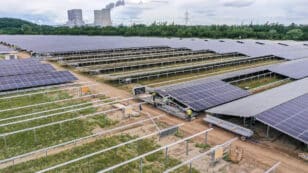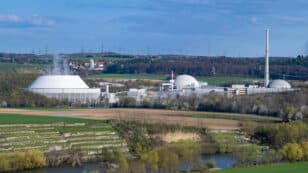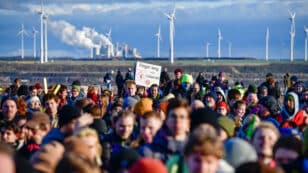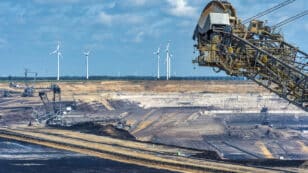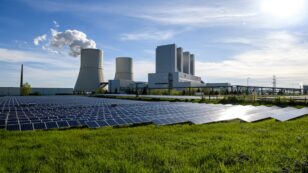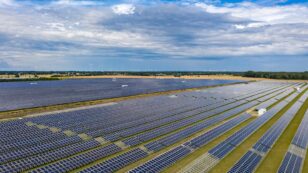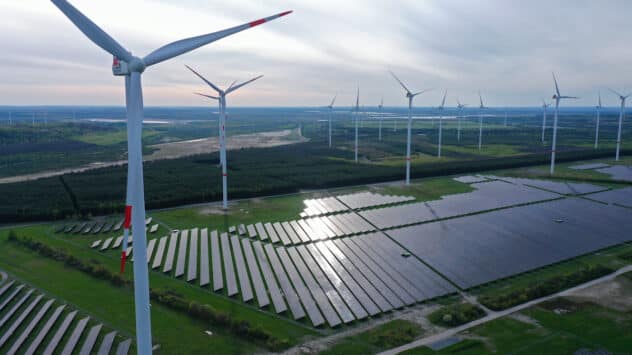
Germany Reached 55% Renewable Energy in 2023
In 2023, 55 percent of Germany’s power came from renewables — an increase of 6.6 percent, according to energy regulator Bundesnetzagentur, reported Reuters. Europe’s biggest national economy has a goal of 80 percent green energy by 2030. The country plans to get rid of most of its coal, has already ceased relying on nuclear power […]

 233k
233k  41k
41k  Subscribe
Subscribe 

